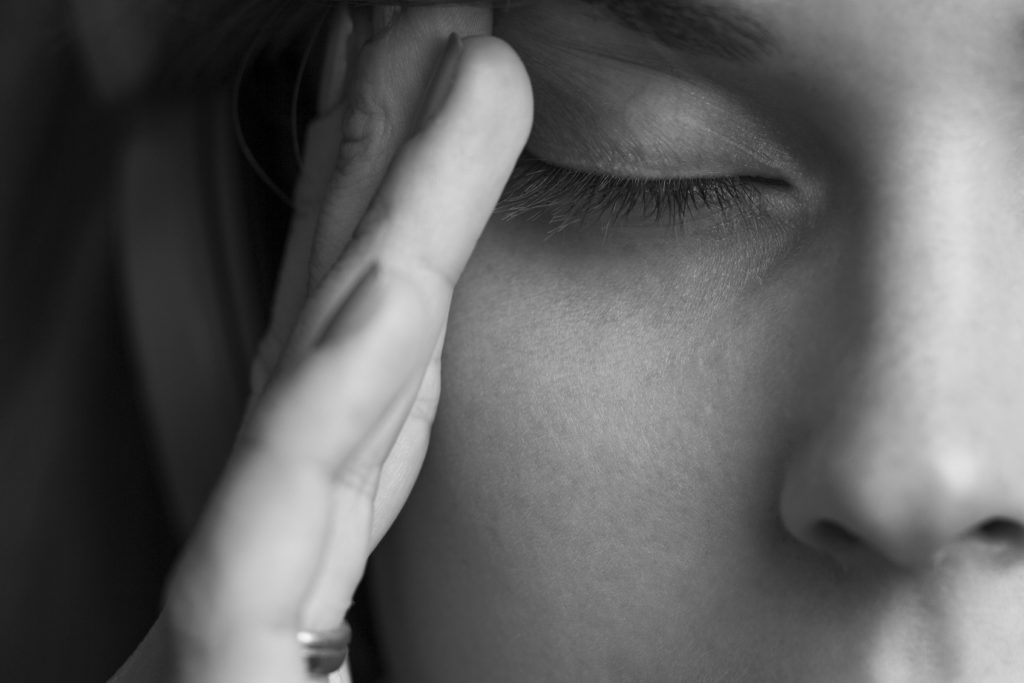Last week, women around the country marched for justice. And as we marched, we said the names of Grace Tame, Brittany Higgins, and ‘Kate’. We also acknowledged the many other named and unnamed Australian women who have been victims and survivors of trauma, often at the hands of powerful men and their powerful friends.
And although it’s difficult to identify the most disturbing aspect of recent media coverage – there is simply too much from which to choose – the publishing of Kate’s diary and subsequent manipulation of her reported lived experience of mental illness in an attempt to discredit her accusations, is undoubtedly a low point.
Apart from being entirely predictable (cue reference to the origins of ‘hysteria’) and generally despicable, acting to discredit the voices of women with lived experience of mental illness is particularly relevant because women’s mental health has been disproportionately impacted upon by the COVID-19 pandemic.
Indeed, women have reportedly comprised two-thirds of callers to the Beyond Blue Coronavirus Mental Wellbeing Support Service and more than 80 per cent of callers to the Tandem support line, with mental health services in Victoria reporting a significant increase in women presenting with major mental illness.
While the gendered impact of the COVID-19 pandemic upon women’s mental health is likely complex and may not yet be fully understood, there are many things that we do already know:
- We know that women are disproportionately represented on the COVID-19 frontline in this country, as the majority of our health and aged care workers, teachers and retail workers are women. And we know that working on the frontline increases psychological distress.
- We know that women have been disproportionately impacted upon by insecure work, with 26 per cent of young women in Victoria losing their jobs compared to just 11 per cent of young men, according to figures from the Coronavirus Victorian Wellbeing Impact Study.
- We know that women have been performing twice as much unpaid domestic work and more than three times as much unpaid caring work than men throughout the pandemic, according to data from the Australia Bureau of Statistics Household Impacts of COVID-19 survey.
- We know that that the responsibility of helping children with remote learning during the state’s lockdowns fell disproportionately to mothers, according to data from VicHealth.
- We know that the frequency and severity of family violence including sexual violence increases during times of emergency, and the latest crime data shows there were significantly higher than expected volumes of family violence incidents recorded by Victoria Police in May and June of 2020.
- We know that all of these issues contribute to poor mental health for women, and we know that very little priority is currently being given by federal government to accept responsibility for, to acknowledge or address them.
Rather than handing out flowers for International Women’s Day, what we need from our federal government is a genuine commitment towards addressing the alleged misogyny that is rampant within our Parliament. And for our elected officials to understand that women exist beyond our roles as mothers, wives and daughters.
We need to continue collecting and publishing sex-aggregated data, to best understand the gendered impacts of our decision-making. Then we need to actually use these data to inform the delivery of gender-responsive budgets and policy-making – because too often when it comes to women’s mental health the data is overlooked.
We need to prioritise the ongoing funding of family violence and sexual assault services for victim/survivors, and we need to ensure that mental health reform efforts are implemented with a gendered lens. We don’t need to be told that we are lucky not to be shot with rubber bullets, or more ‘blokes will be blokes’ rhetoric.
Finally, we need our elected officials to make a genuine commitment towards ensuring that justice is served for all women, sending a clear message to perpetrators that men’s violence towards women will not be tolerated in this country. More than anything – we need men to stop raping women, not another costly app.
So, as we continue to march in our homes, in our workplaces, and in our streets – we stand in solidarity with all women (yes, all women) who have lived experience of trauma or mental illness. We see you, we hear you, and we believe you. But perhaps most importantly, we know that no woman in this country can ever be safe until we are all safe.
If you or someone you know if in immediate danger, call 000. If you need help and advice call 1800 Respect on 1800 737 732, Men’s Referral Service on 1300 766 491 or Lifeline on 13 11 14.
If you need help, you can call Lifeline on 13 11 14 or Beyond Blue on 1300 224 636.

